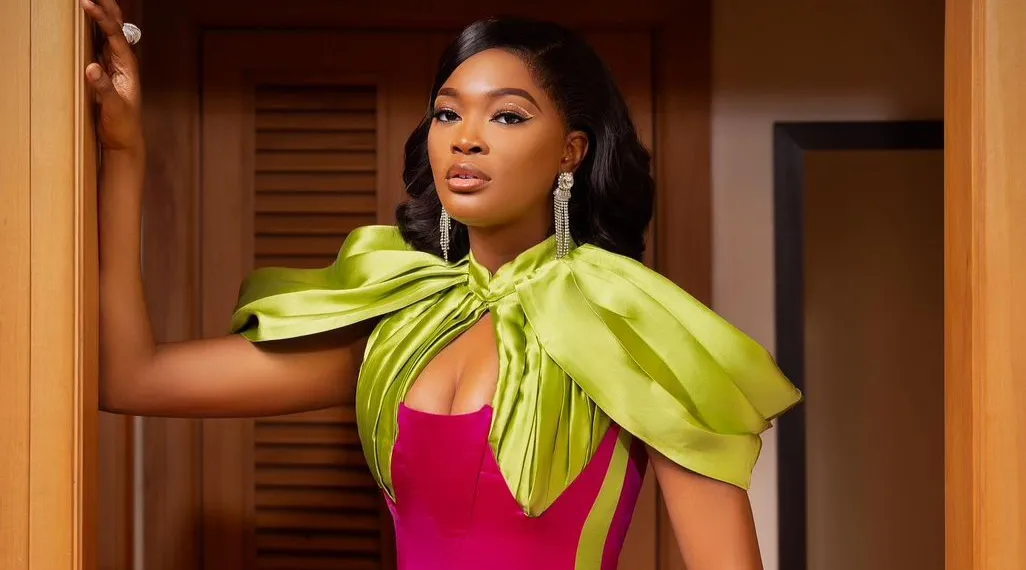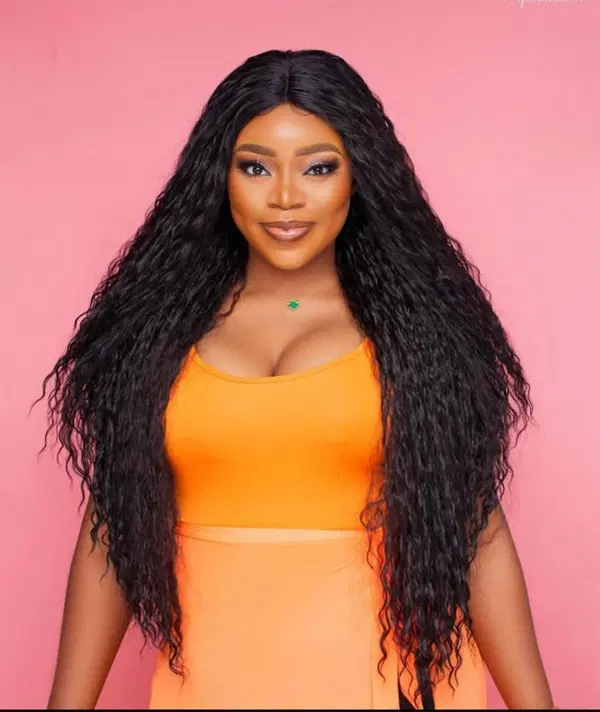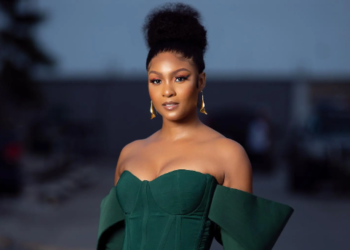In the fast-paced world of Nigerian online comedy, where male dominance once shaped the narrative, a new crop of female skit makers is boldly rewriting the script. These women are not just creating laughter—they’re carving out space, challenging stereotypes, and redefining what female creativity looks like in the digital era.
From the commanding stage presence of Taaooma, to the fashion-forward comedy of Kiekie, and the relatable everyday humor of Ashmusy, Nigeria’s female content creators are no longer playing catch-up—they’re setting the pace.

Breaking into a Male-Dominated Space
For years, the Nigerian comedy and skit scene was primarily associated with male names—figures like Broda Shaggi, Sabinus, Zicsaloma, and Mr Macaroni. But female skit makers, once seen as side characters or supporting roles, are now leading their own platforms, telling their stories, and building massive fan bases.
Their success hasn’t come easy. Many female creators have had to battle gender bias, cyberbullying, and societal expectations that question their style of humor, dressing, or choice of content. However, instead of conforming, they’ve chosen to push back, using their platforms to challenge narrow views of femininity and professionalism.
Unique Storytelling and Relatable Content
What sets many of these women apart is their sharp sense of identity and storytelling. Taaooma (Maryam Apaokagi) became a household name by playing multiple characters in her skits, often portraying the Nigerian mother’s disciplinary style with hilarious accuracy. Her clean, family-friendly approach not only earned her widespread appeal but also shattered the assumption that female creators must be overly sexualized to attract attention.
Kiekie (Bukunmi Adeaga-Ilori), on the other hand, blends satire, fashion, and parody to critique societal norms. Her use of high-energy monologues, bold fashion choices, and unfiltered commentary has made her a standout voice, both in comedy and media.
Then there’s Ashmusy, Nons Miraj (Ada Jesus), and others who lean into relatable humor, often reenacting common Nigerian experiences—from breakups and traffic troubles to the struggle with skincare routines. These creators tap into everyday life, turning ordinary moments into viral, laugh-out-loud content.

Building Brands Beyond Comedy
What’s even more remarkable is how these women are turning skit-making into viable businesses. Many have expanded into brand influencing, fashion, production, and even hosting TV shows. Kiekie, for instance, has leveraged her platform to work with top fashion brands and host events, while Taaooma runs a production company and has partnered with global brands.
Their visibility has also inspired other women to pick up cameras, write scripts, and enter the content creation space—proving that skit-making isn’t a boys’ club anymore.
Shaping Culture and Language
The impact of these female skit makers goes beyond comedy. Their slang, catchphrases, facial expressions, and character traits have filtered into Nigerian pop culture. You’ll often hear young Nigerians quoting lines from Taaooma’s skits or mimicking Kiekie’s exaggerated pronunciations.
By embracing their individuality and staying authentic, these women have made it clear that comedy doesn’t have to follow a formula—it just has to be true.
The Road Ahead
While challenges remain—such as content theft, algorithm fatigue, and the constant pressure to stay relevant—Nigeria’s female skit makers have proven their staying power. They’re not only entertaining millions but also mentoring new talent, collaborating with mainstream media, and changing how women are perceived in digital entertainment.
Their presence sends a powerful message: that Nigerian comedy is big enough for every voice, and the era of sidelining female creators is over.

















